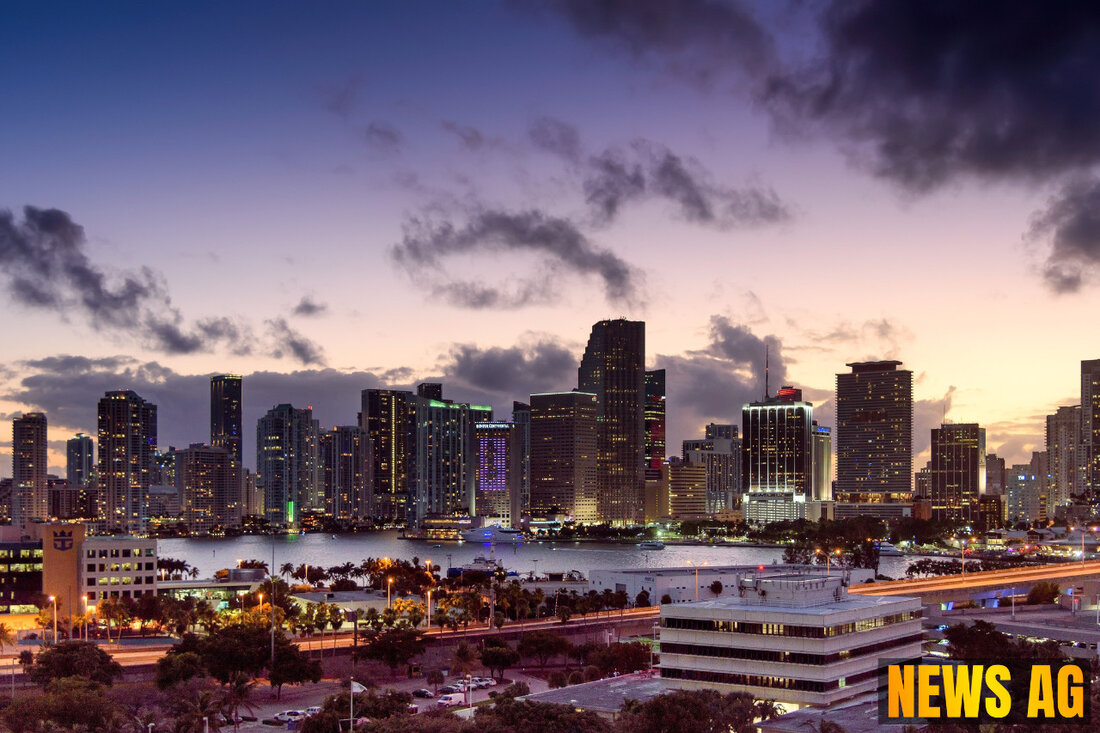Escambia Schools Ban Over 400 Books: What’s Behind the Controversy?
Escambia County's school board bans over 400 books, leading Florida in school library restrictions, igniting debate on censorship.

Escambia Schools Ban Over 400 Books: What’s Behind the Controversy?
In a striking move, the Escambia County School Board has voted unanimously to ban over 409 titles from school libraries, making the district the leader in book bans across Florida. This action follows a list published by the state, with the banned books remaining off the shelves unless the superintendent, Keith Leonard, seeks individual approvals for their return. The decision reflects a significant shift in the district’s policies regarding educational materials, with implications that concern both students and parents alike.
The recent ban has gathered attention due to its broad scope—253 of the banned titles had not been previously challenged or removed. Most of these works are targeted at high school students or middle schoolers with parental permission, with only 17 books removed from elementary schools. Notably, several of the elementary titles, including „Antiracist Baby“ and „Christian the Hugging Lion,“ had never faced any prior challenges, raising eyebrows among advocates for educational freedom.
High-Profile Censorship
Among the notable works removed from the library shelves are classics and contemporary favorites. Escambia County’s list includes well-known titles like „The Handmaid’s Tale“ by Margaret Atwood, „Slaughterhouse-Five“ by Kurt Vonnegut, and 47 works by Stephen King, who has criticized the censorship efforts openly. Furthermore, the list comprises many titles featuring LGBTQ+ themes and discussions on gender and sexuality, as highlighted by a report from AP News. Books such as „All Boys Aren’t Blue“ by George Johnson and „Gender Queer“ by Maia Kobabe have also faced scrutiny.
The board previously did away with a committee review process, opting instead to remove books deemed „pornographic“ without a vote. This marks a significant departure from the more deliberative process that allowed for broader discussions on educational content. As a result, legal challenges have begun to emerge, with organizations like PEN America and Penguin Random House taking action against Escambia County for restricting book access.
The Bigger Picture
The context behind these changes does not just stem from local dynamics—it reflects a broader national trend in Florida, where the state leads the nation in the removal of books from school libraries. Critics of the bans argue that limiting access to diverse voices and perspectives undermines students‘ freedom to read and engage with a variety of experiences. The Florida Department of Education is tasked with compiling and reporting on restricted books, but recent changes in law have allowed parents to play a more active role in challenging school library materials.
Experts and educators highlight the inherent risks of such widespread censorship, indicating that it could hinder the educational development of students. As classes prepare for next year, some of the banned books are required reading for advanced college-level courses, meaning they will need to return for board consideration. Superintendent Leonard has indicated a desire to expedite processes for exceptions to restore various titles, but the implications of this recent blanket ban remain to be seen.
The latest developments have ignited a passionate debate within the community, as parents, educators, and advocates weigh in on the role of schools in shaping the curriculum. In an age where the exchange of ideas is more critical than ever, what does it say about our educational system when so many voices are silenced? As research from PEN America illustrates, the ban includes numerous esteemed authors, ranging from Toni Morrison to Judy Blume, leaving many to ponder the future of literary freedom in Florida.
As the situation unfolds, it remains clear that the removal of these books has sparked strong reactions and will likely continue to stir discussions among stakeholders in the education sector.

 Suche
Suche
 Mein Konto
Mein Konto